Single-layer pipe
Single-layer anti-corrosion epoxy powder pipe
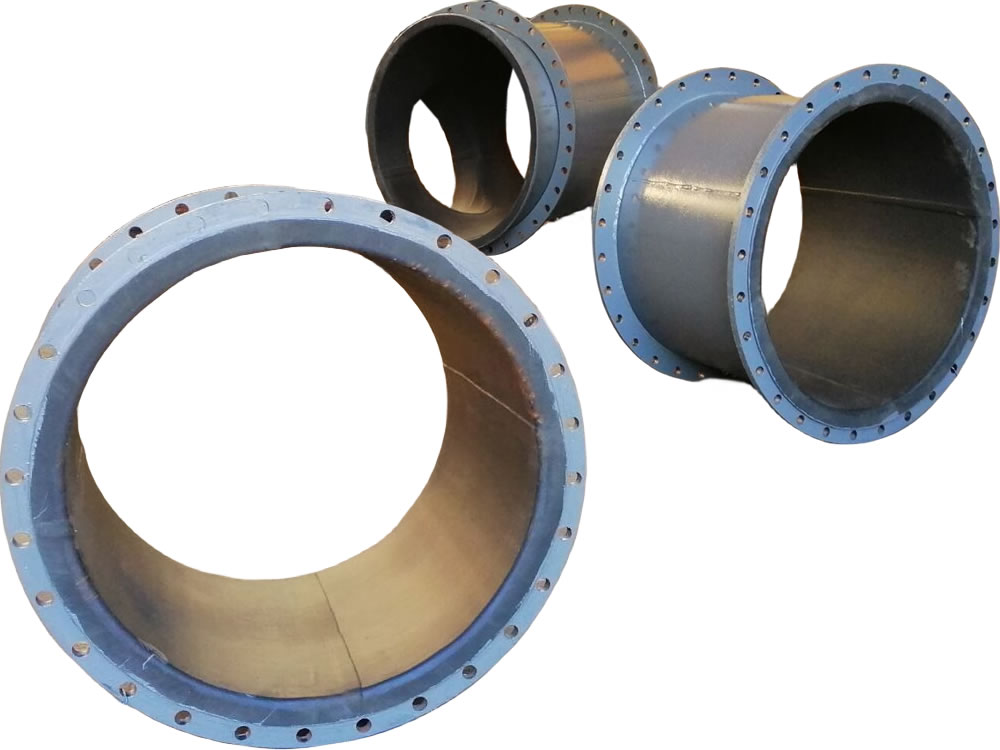
Rubber lined pipe is a type of piping system where the inner surface of the pipe is lined with rubber.
The rubber lining provides protection against abrasion and corrosion, making it suitable for various industrial applications.
For fluid streams with a high solids content or aggressive chemical make-up, rubber lined steel pipe has traditionally been a very effective solution. There are a variety of rubber compounds and durometers available. While other compounds may be available, noted below are common solutions for mining applications.
Rubber lining is the process of applying rubber sheets or extruded tubes to the internal surface of steel pipes. The proper application of rubber lining will extend your equipment life and minimise unscheduled maintenance.
These are the metal surrounds of pipe and fittings, the fluoropolymer used to line them and the processing method (and thereby the type of fit between the metal and the lining). The metal surround provides the mechanical strength for the system, the lining its corrosion performance.
Our plant carefully considers temperature, chemical composition and concentration of the materials being conveyed to determine the best compound for your rubber pipe.
With the proper rubber pipe lining, a pipe can withstand years of abrasive and corrosive service conditions. Rubber compounds are engineered for chemical resistance to protect your pipe from the effects of acids and oxidizing agents.
Pipe size is never a concern when working with Industrial Rubber. An innovative application process makes it possible to rubber line pipe ranging from 3 inches in diameter up to the largest diameter manufactured.
Soft Natural Rubber
Hard Natural Rubber
Chloroprene/Butyl/Hypalon Rubber
Since most Rubber Lined Pipe applications are for transporting abrasive slurries, we test our materials for abrasion resistance to ensure we are providing you with the best product suited to your application.
We install rubber linings in pipe as small as 1½” dia. and as large as 144″ dia. We vulcanize (cure) the lining installed in pipe up to 88″ diameter (flanged) in our autoclaves. Curing in an autoclave produces superior adhesion properties over other processes (i.e. atmospheric and internal steam). Autoclave curing also maximizes the lining life in the pipe versus other methods.
We can fabricate and rubber line your pipe with a minimum lead-time. All Rubber Lined Pipe orders receive the same attention, whether it’s a large order, or a single piece.
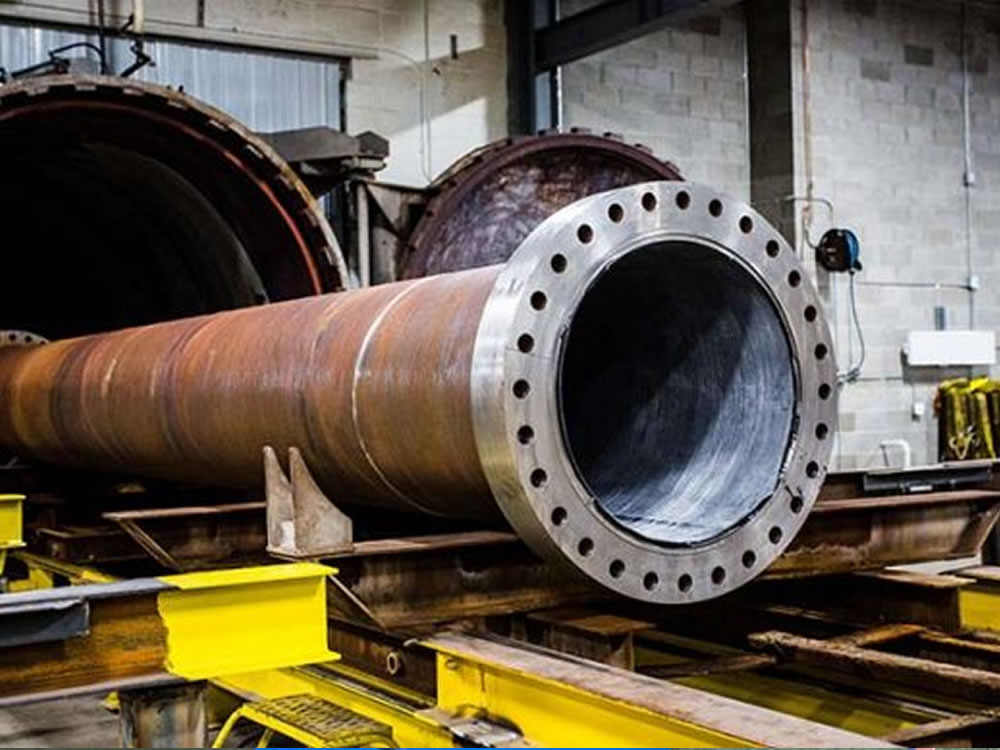
The proper rubber-lined pipe can withstand years of abrasive and corrosive service conditions.
Our rubber compounds are engineered for chemical resistance to protect your pipe from the effects of abrasion, impact, acids and oxidizing agents.
All the rubber compounds are designed for chemical resistance to protect your pipe from the effects of abrasion, impact, acids and oxidizing agents. Our in-house chemists carefully consider the operating temperature, chemical composition and concentration, and particle size of the materials to determine the best compound for your rubber pipe.
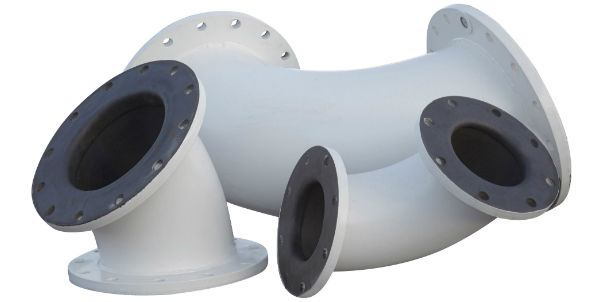
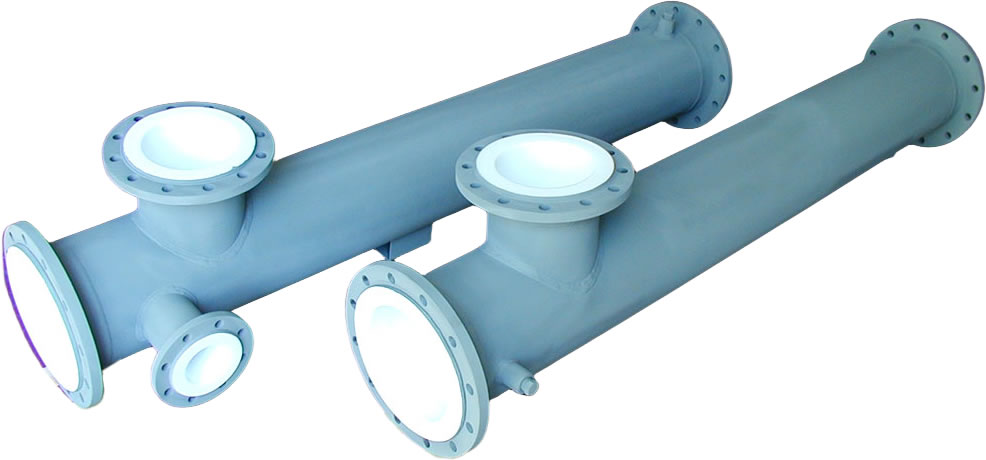
It is vital to recognize the important differences between rubber-lined pipes and PTFE-lined pipes. PTFE-lined pipes are often used in situations where heat is extreme, whereas rubber-lined pipes are typically used at less heat temperatures.
PTFE-lined pipes are made of stainless steel and are able to withstand very high temperatures. A leak or explosion could result in a fire or explosion in the chemical industry or other sectors. These pipes have an extremely low coefficient of friction and low thermal expansion which means they can stand against all changes in environment temperature without warping or cracking or containing any damages. These pipes are very light in weight also resistant to corrosion and chemicals which can damage the pipes. These PTFE lined pipes install in tight spaces like under or above floors as they are very light in weight.
Rubber-lined pipes are typically made of PVC plastic, but can also be made from other materials such as glass fibers or metal tubes lined with rubber. These pipes have a higher coefficient of friction than metal ones do; this means that they will not slip against each other as easily when pushed together (like when you’re trying to push two pieces of paper together).
The manufacturer uses PTFE-lined pipe because of the following:
It’s non-flammable, which makes it safer than other types of pipelines. It can withstand higher temperatures than rubber rather than causing damage to the pipe or lining because it is more heat resistant. In wastewater systems, high concentrations of chemicals will not corrode this stainless steel due to its resistance to acids and bases.
The manufacturer uses rubber lined pipe because of the following:
They have low maintenance requirements since they do not require any special cleaning or maintenance procedures during operation. They are known for their durability since they can withstand harsh conditions without breaking down easily. They have high resistance levels against pressure fluctuations within a system due to their ability to withstand constant pressure changes without leaking.
Rubber lined composite steel pipe is a type of piping system where the inner surface of the pipe is lined with rubber, while the outer structure is made of composite steel.
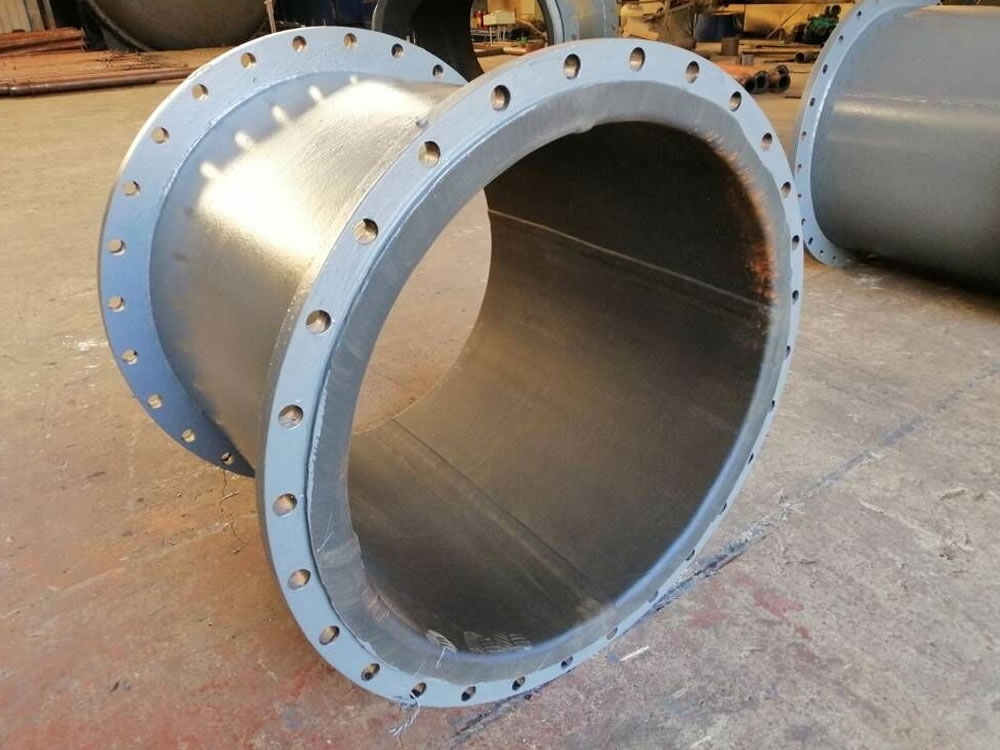
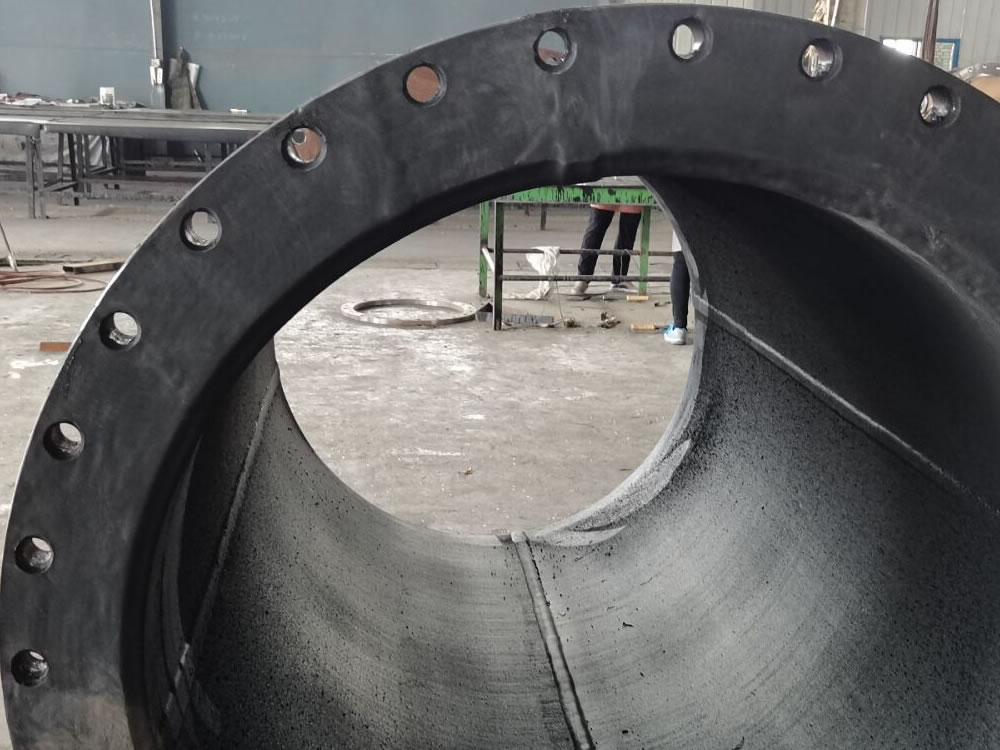
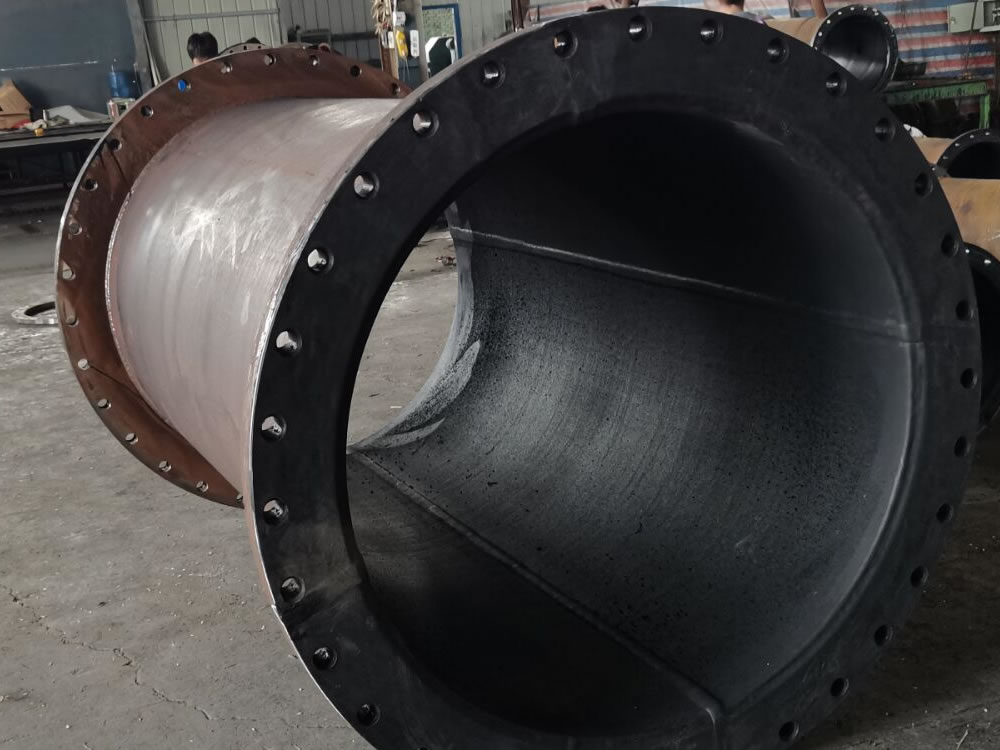
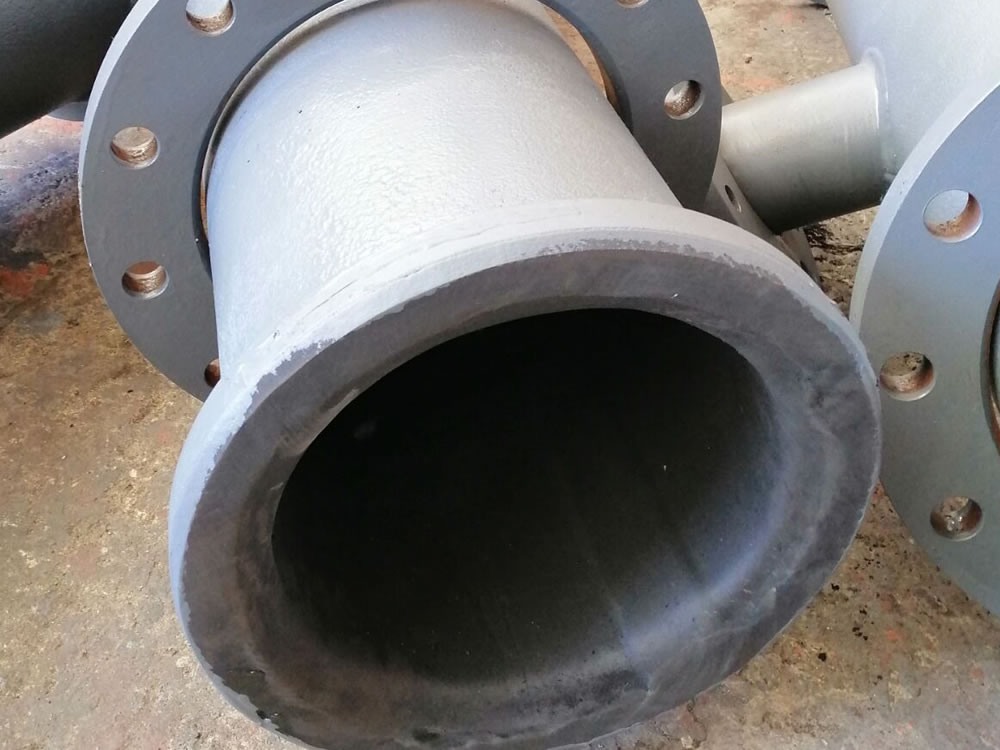
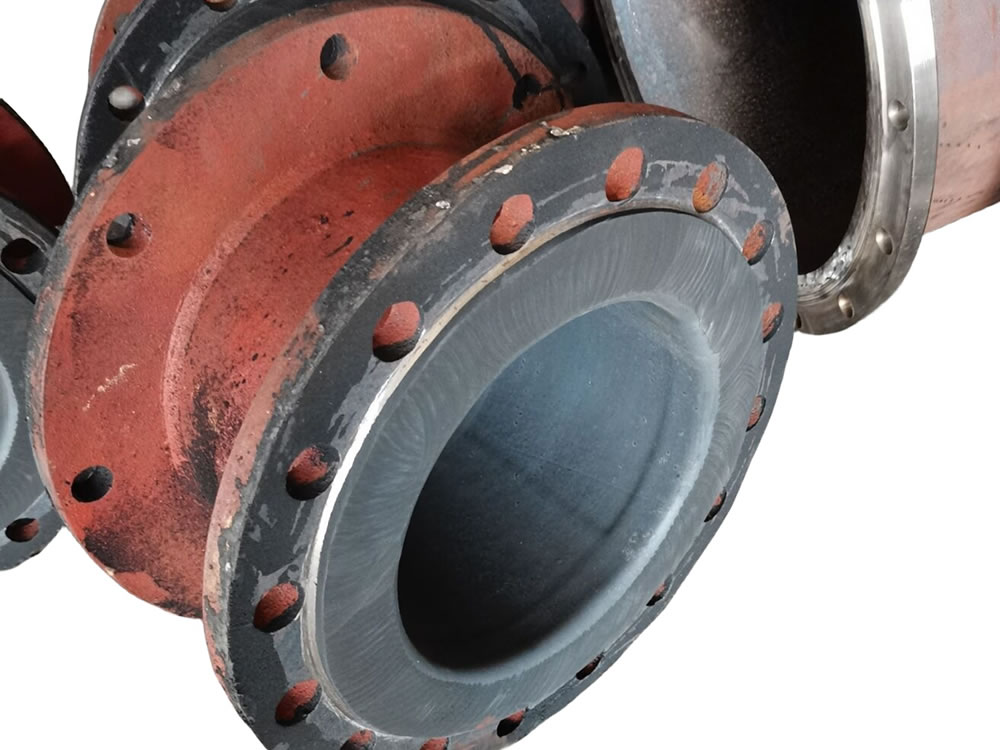
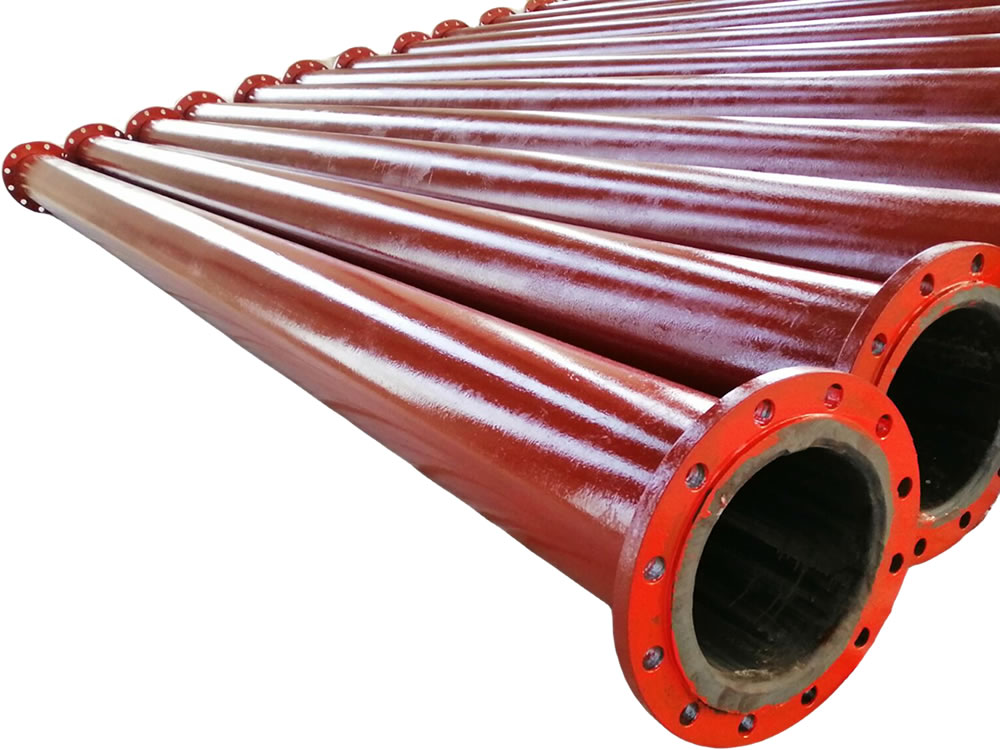
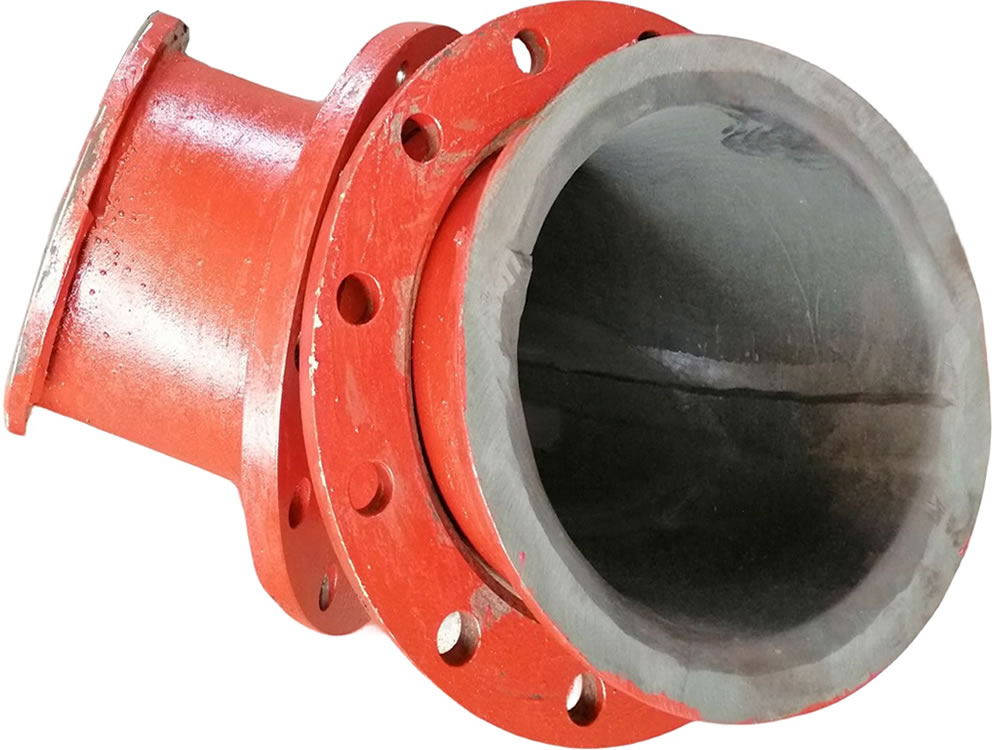
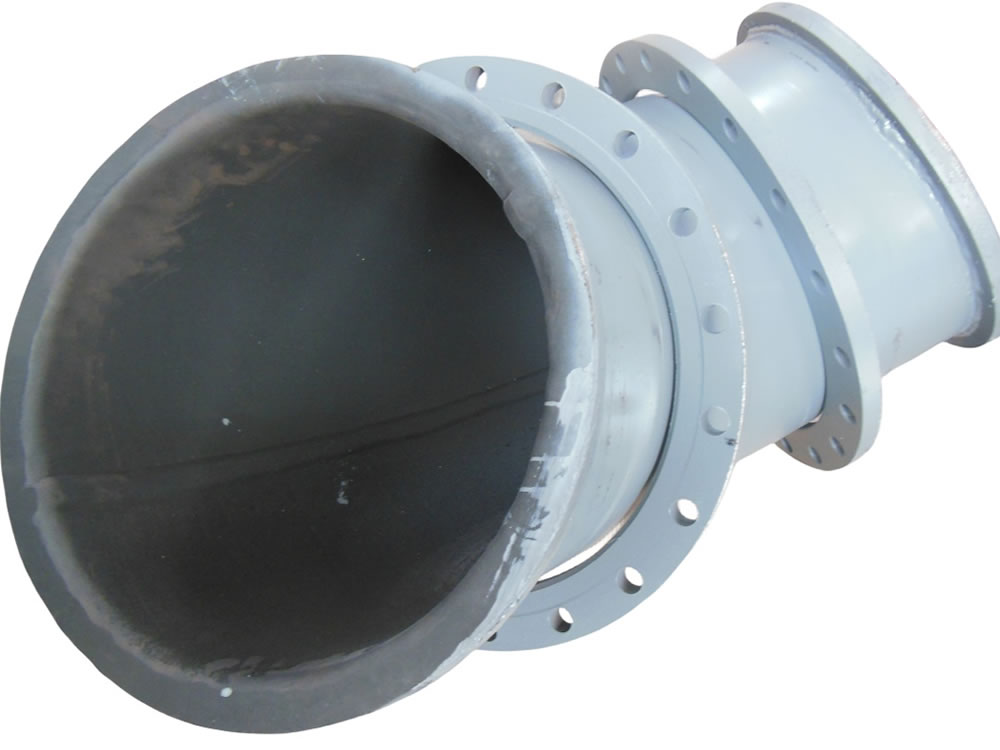
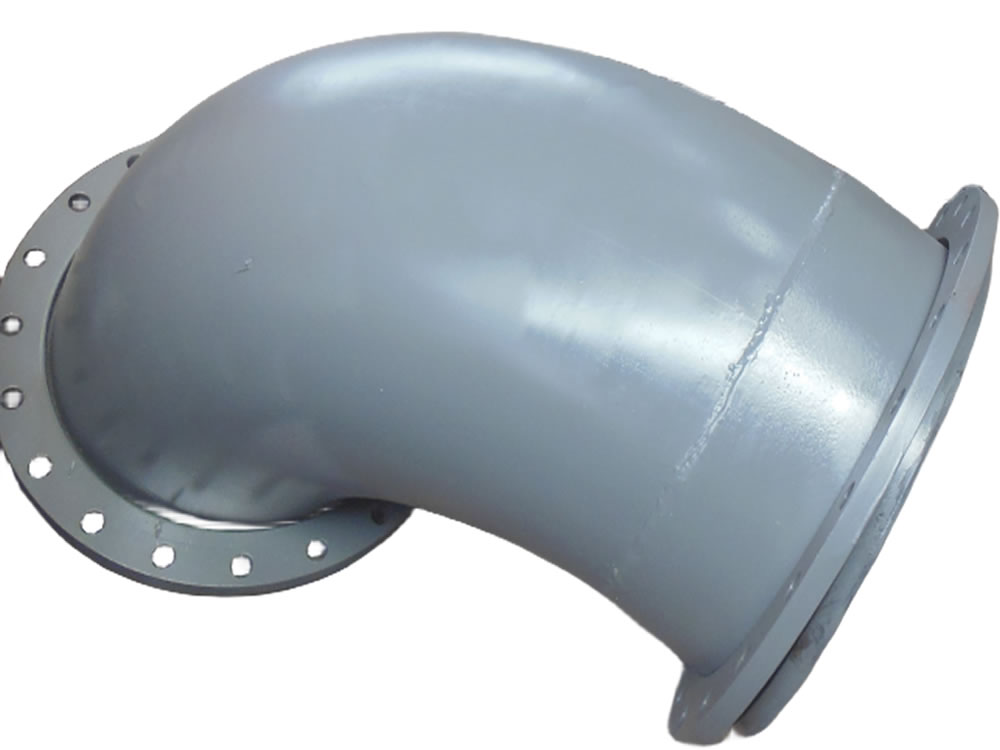
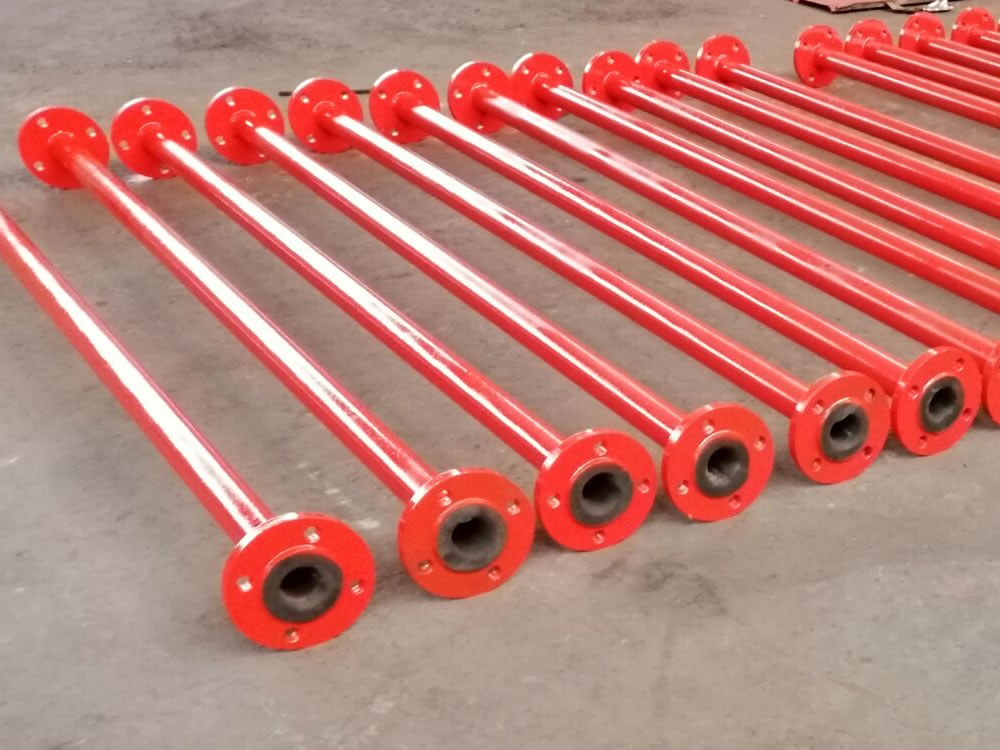
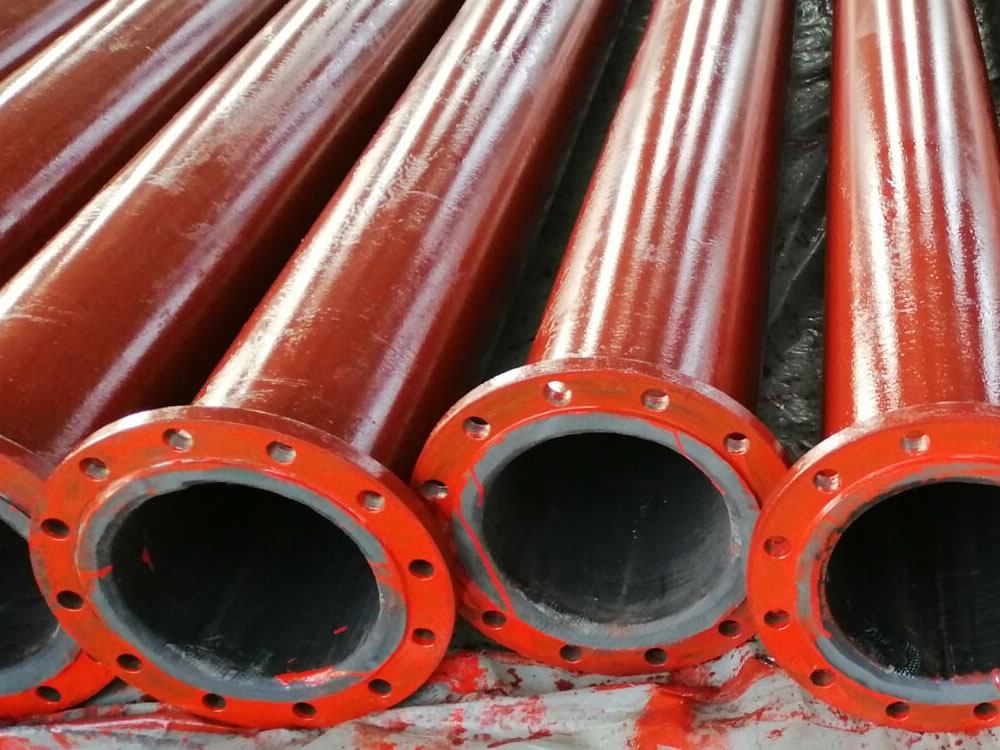
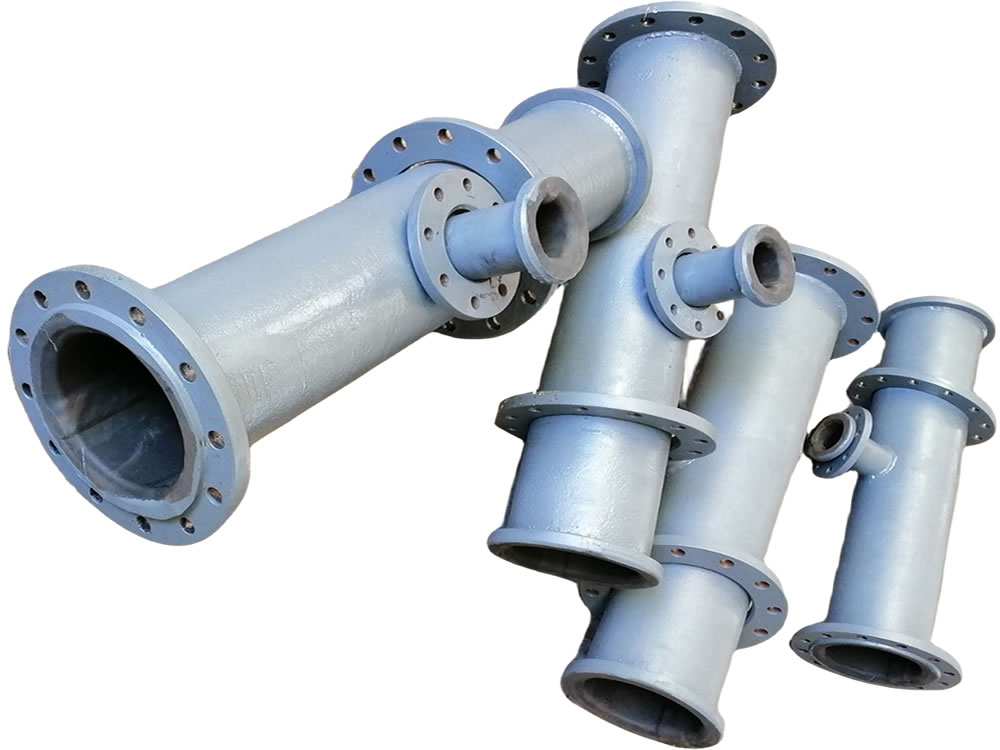
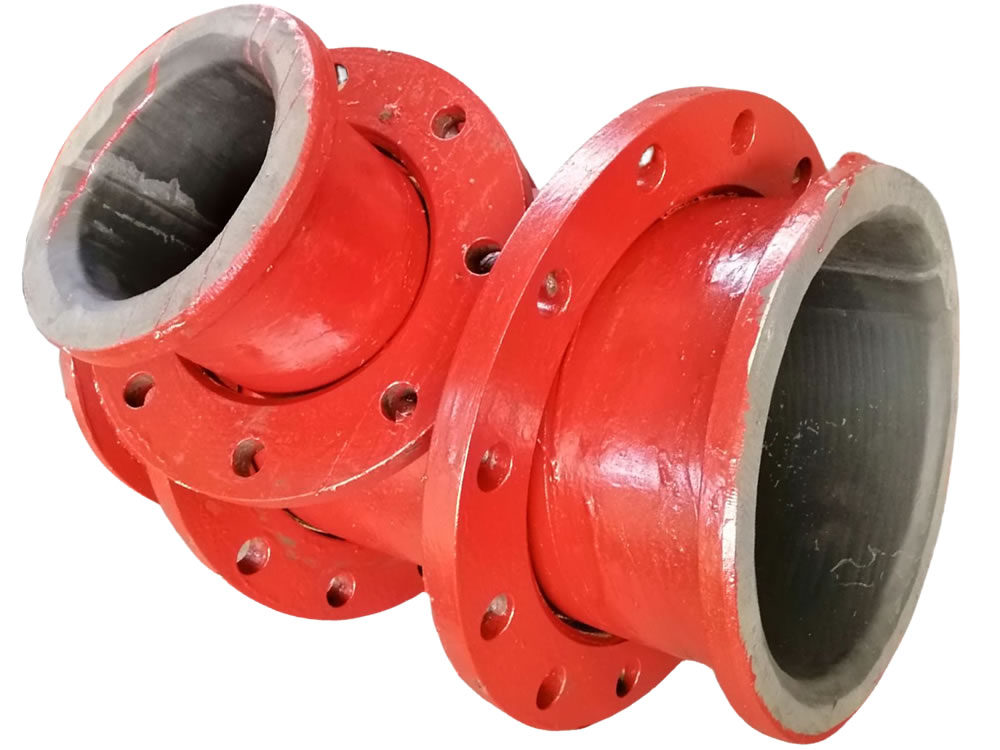
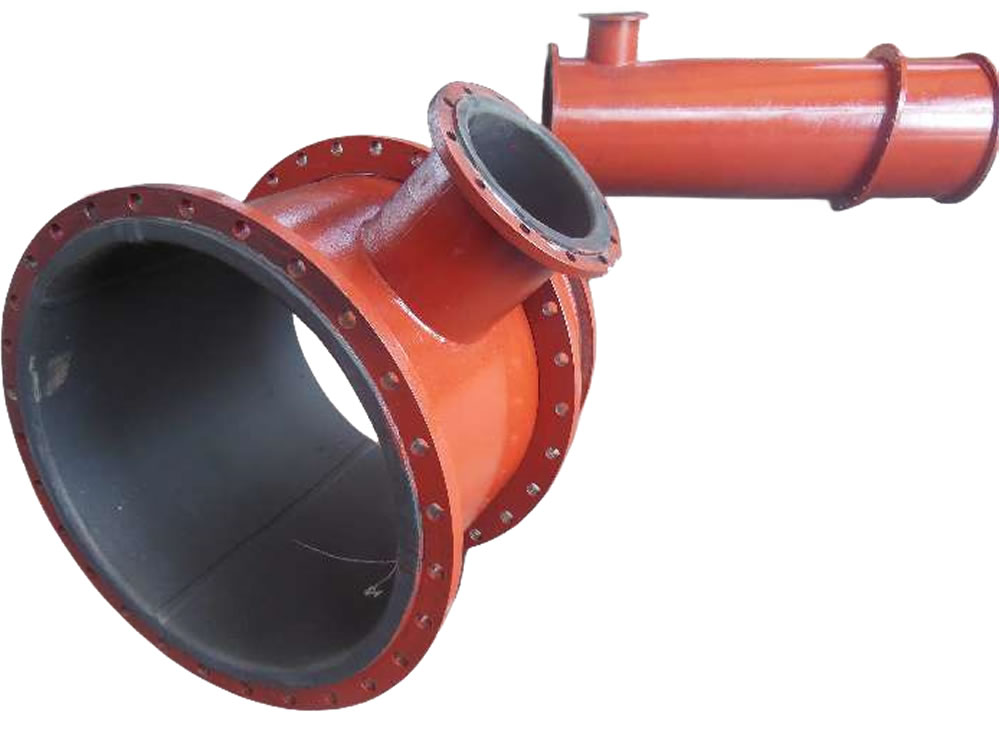
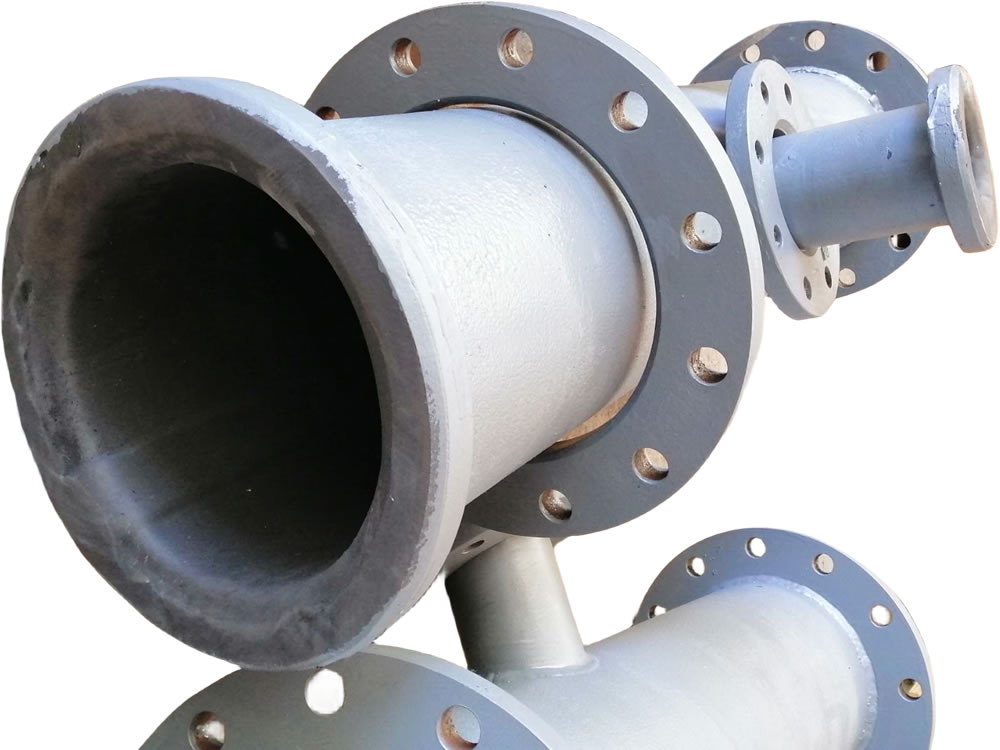
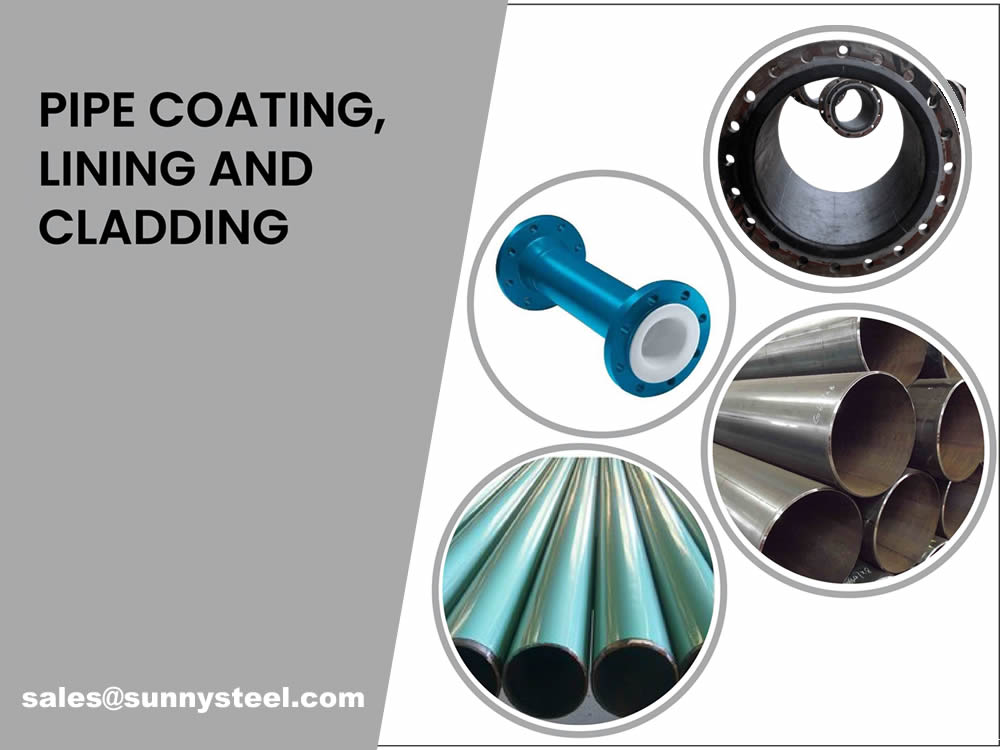
Pipeline coating is the most consistent and successful solution for protecting ERW pipes from corrosion, from moisture, other harmful chemicals.
Therefore pipe anti-corrosion layer is an important barrier to prevent soil erosion. A well-known foreign scholar put forward" 3PE france protective layer", so far, anti-corrosion methods is widely used.
1. Increased Flow Capacity – A coating on pipes helps provide a smoother surface thus improving gas and liquid flow within pipes.
2. Reduced Cost – The pipeline coating increases the pipes durability so they can be deployed with minimum maintenance cost even in the harshest environments.
3. Lower energy usage – Various studies have shown that pipelines that are internally coated use less energy for pumping and compression of products through pipes. This helps in increased saving over time.
4. Clean delivery of products – The inhibitors used for the protection products can also be minimized by the use of coated pipes for delivery of products.
Thus, coating of pipelines can help you in reducing your maintenance cost and at the same time providing a corrosion free reliable protection.
The basic principles of urban gas pipeline coating selection:
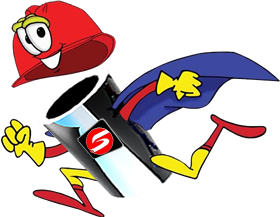
When you partner with Sunny Steel, you can stop worrying about meeting deadlines thanks to our responsive and timely service. You'll also say goodbye to unnecessary shopping around. Instead, you'll get white glove service from an expert who understands your needs and can get you the materials you need quickly.
